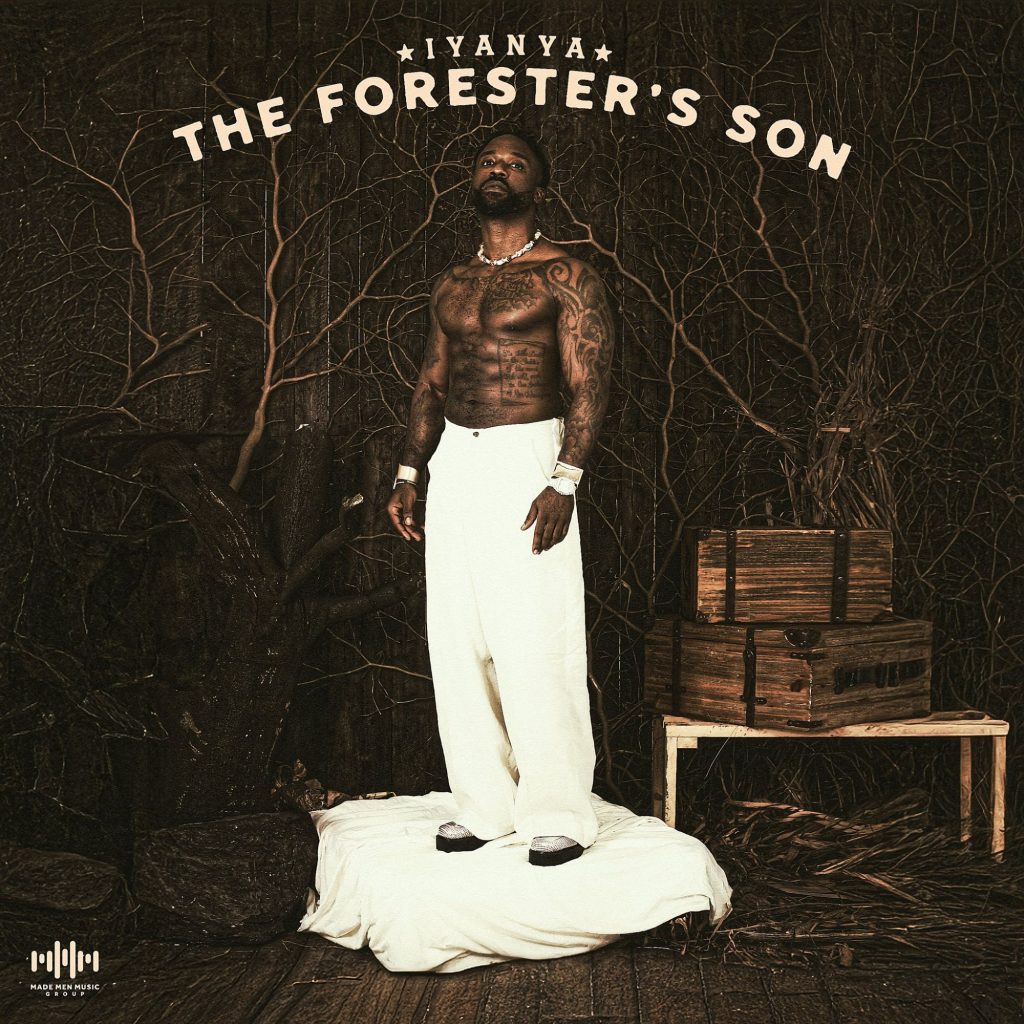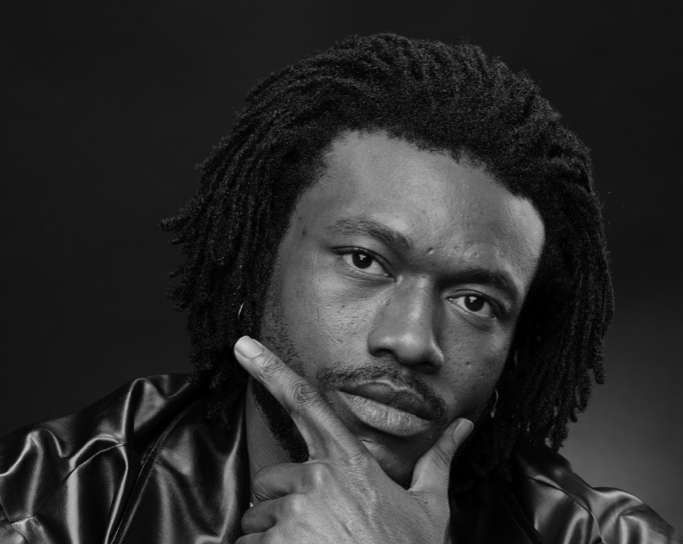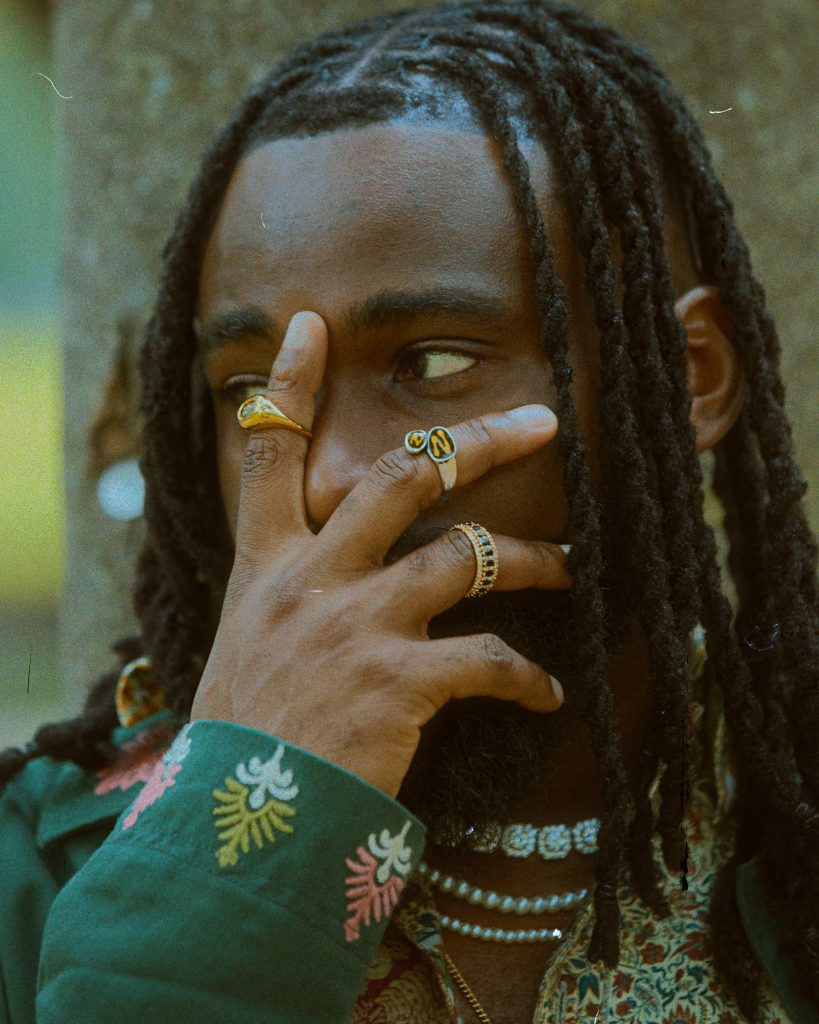In the past couple of years, it’s safe to say that Afrobeats has experienced the sort of global success whereas one could liken it to a new shiny toy, everyone wants to play it. The artists in the primary market have reaped immense success from it and collaborators alike have also enjoyed reasonable cross-cultural benefit and brand equity from its partnership.
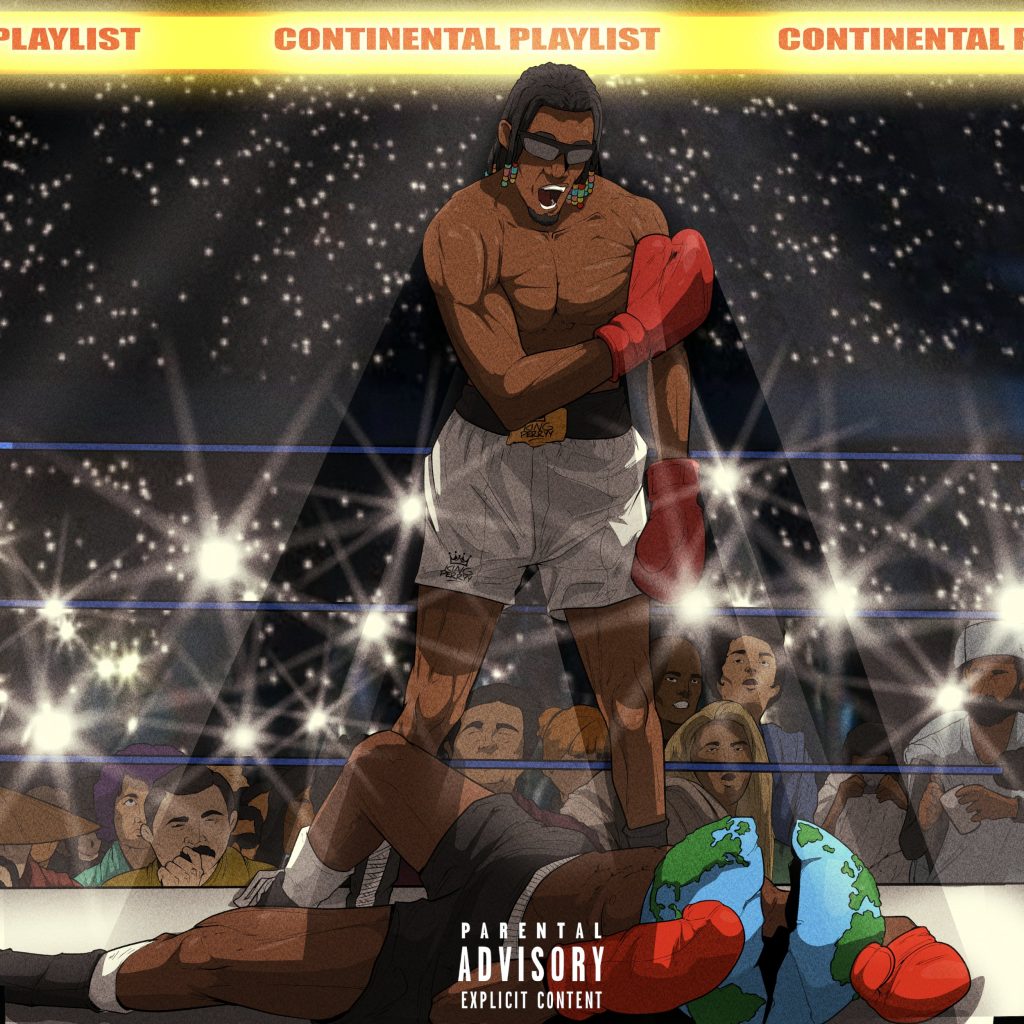
There is still the underlying problem of the genre and its artists, as a whole getting ripped off though. For example, most of the genre’s superstars are signed to western labels that have their masters. Wizkid and Tems to RCA/Sony, Davido to Columbia/Sony, Burna Boy to Atlantic, Omah Lay to Warner etc. Even the premier music label of the country, Mavins and YBNL still has its artists signed to distribution deals outside the country. However, the fact still stands. Afrobeats is the new commodity that’s taking the global music market by storm.
There are varying factors that have contributed to the genre penetrating the global market, ranging from the enthusiastic consumption patterns of Nigerians in the diaspora, strategic moves by the artists and stars aligning also. The factor of Afrobeats having subgenre fusions that also resonate with the demographic of the origin of said genres incorporated is one thing. Dancehall is one of the biggest selling points. Wizkid experienced huge success in MIL by tapping into Afro-R&B/Afro-Swing and Bashment soundscapes. Since then, there have been more and more Afrobeats artists venturing into Afro-swing in the hopes of replicating similar success.
This is not to say King Perryy isn’t authentic and he’s ripping Wizkid off. His music has more dancehall/reggae-fusion leanings, as opposed to Wiz who is more R&B/Swing oriented. It’s just a reasonable thing to note the significance of Afrobeats artists tapping into the dancehall sound, before properly delving into this project that draws a lot of influence from Dancehall. Also, the artist has been experimenting with Dancehall since his debut album, so in a way this is an evolution of that sound.
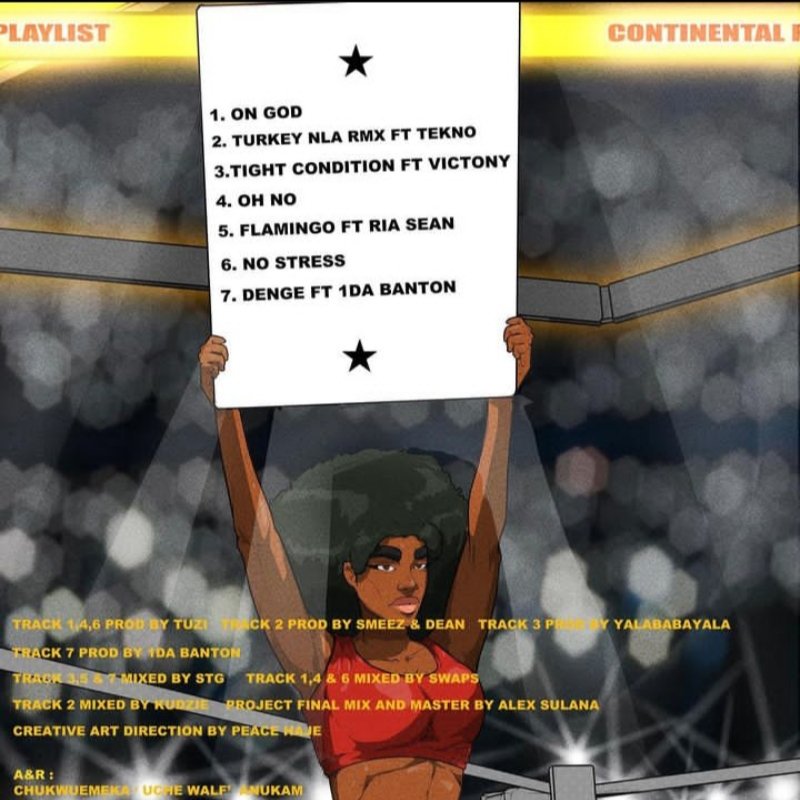
On EP opener, On God King Perryy gives gratitude to God for blessings and his journey as an artist, so far. After love and debauchery, gratitude is perhaps the most popular trope in Afro-Pop as it’s a sentiment that always resonates with the mainstream. His flow and cadence is tight and he drops some catchy one-liners like, “say my blessings, no be made in China” but the hook leaves much to be desired, as it’s very cliche and the beat sounds a bit bare. Overall, it’s a decent offering.
Turkey Nla doesn’t do much to build momentum either. Matter of fact, in this writer’s opinion—its the worst song on the album. There is almost no structure to it that clearly differentiates the verses and the chorus and the vagueness to the writing doesn’t help things either. King Perryy and Tekno go for a laid-back, relaxed delivery but it comes off as lax and underwhelming. Also what is an “Ijo Turkey Nla?” Yes, it’s an Afropop song, a subgenre that thrives on a lot of incoherent, ludicrous lines but when the song doesn’t excel at being great, it makes things like this more glaring.
Thankfully, Tight Condition featuring Victony redeems the project. It’s a great dancehall song with a reverbing guitar baseline and an energetic patois delivery from King Perry, where he waxes poetic about how a girl intends to seduce him and put him in a rough corner. Victony is equally dynamic with his pop-esque delivery and his vocal texture is also a refreshing element against the sonic backdrop of the EP. It’s this writer’s favorite song on the project.
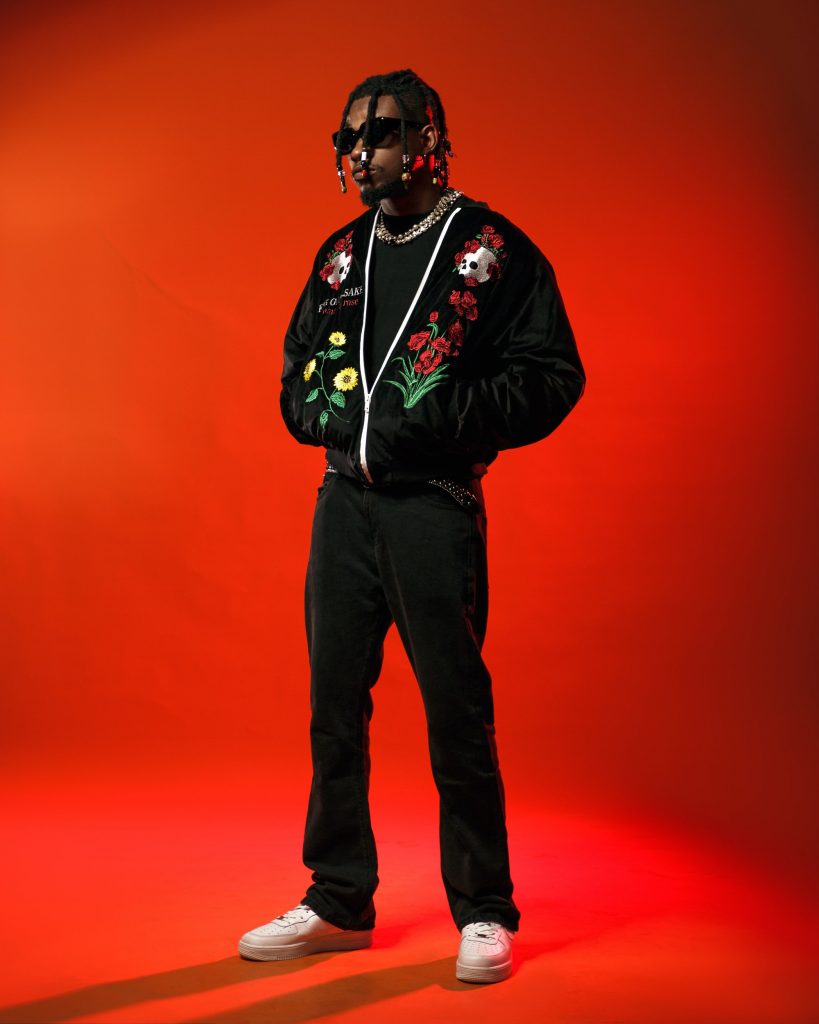
Oh No is an Afro-swing song with another beat that’s barely doing the minimum. The production on this project isn’t terrible or bad, it’s not just one that raises the ceiling of the songs on it. Nonetheless, Oh No is another decent song that could have faired better with more layered and intentional production.
Flamingo ft. Ria Sean is almost forgettable. Ria’s R&B delivery doesn’t fuse organically with the song’s sonic backdrop and Perryy isn’t very convincing on the song either. His delivery on No Stress, an upbeat song with an elastic bop and subtle rhythmic guitar riffs sounds too Runtown-esque. Even in the vocal inflections. It’s not a bad thing in itself to be inspired by other artists, but a great artist brings their own innovation and leaves their mark on such grounds.
The EP ends with Denge, featuring 1da banton and the song is just symptomatic of the same problems that have plagued the entire album at occassions. Bland beats, unenthusiastic deliveries and a lack of a distinct focal point in said songs. For one thing, the project does sound sonically cohesive and to a large extent, also thematically cohesive. But the fact that it could have been a lot better, if more effort and intentionality had been put into it says a lot.
Perhaps, that’s just down to me being a music head and expecting more from albums. Perhaps, this would be a ton more enjoyable to most people like the case usually is. Whatever the case might be, the project is definitely good enough to merit a listen and some level of enjoyment.
Verdict:
Sonic Cohesion: 1.5/2
Unharried Transitions: 1.3/2
Expansive Production: 1/2
Songwriting: 1/2
Track Sequencing/Topical Progression: 1.3/2
Total: 6.1/10
–This review is written by T.J. Martins, an Album talks writer.
Listen To ‘Continental Playlist’ here:


